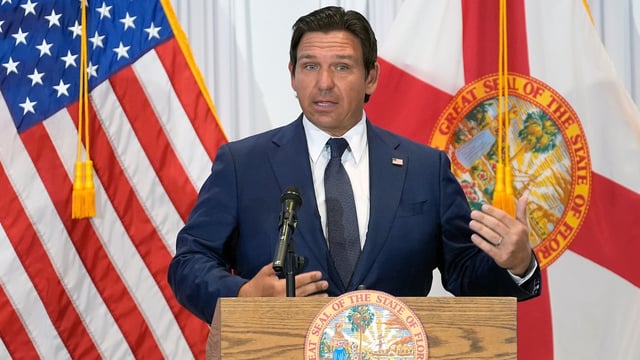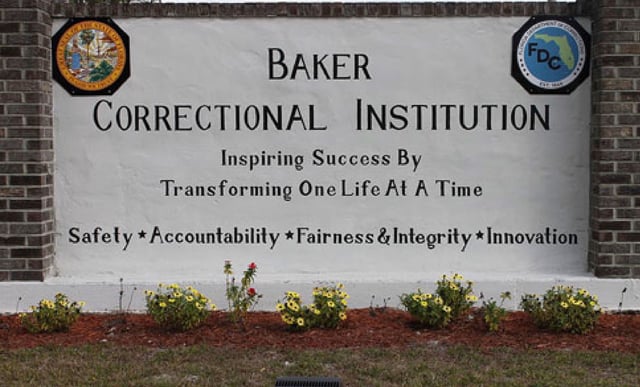Overview
- U.S. District Judge Kathleen Williams issued a temporary two-week restraining order stopping further construction at the Alligator Alcatraz site while hearings on environmental and jurisdictional disputes continue.
- Gov. Ron DeSantis unveiled “Deportation Depot” at the shuttered Baker Correctional Institution, targeting 1,300 beds (expandable to 2,000) with a roughly $6 million build-out and a two-to-three week setup staffed by the Florida National Guard and contractors.
- Environmental groups and the Miccosukee Tribe allege the Everglades facility violated the National Environmental Policy Act by endangering protected wetlands and species, and civil-rights attorneys are pressing for class-action status over detainee treatment and legal access.
- State officials argue both detention sites fall under Florida’s emergency powers and are exempt from federal environmental review even as DHS and FEMA praise the model and discuss cost reimbursements.
- Detainees and lawyers report unsanitary conditions at Alligator Alcatraz—flooded tents, broken sanitation, insect infestations, erratic air conditioning—and restricted access to counsel and medical care, fueling ongoing rights litigation.



